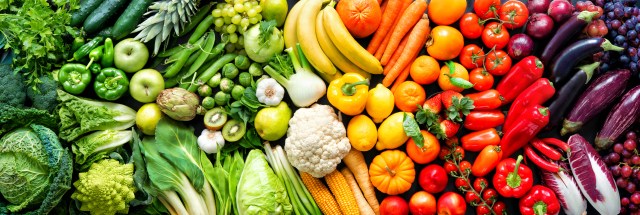
How to unlock the power of quality carbs.
Have you ever heard “all carbs are bad” or that low carb means no carb? Think again! A recent BMJ study shows it’s all about choosing the right carbs for weight management. It comes down to quality over quantity.
Choosing Quality Carbs: Insights from a Recent Study
The BMJ study examined the changes in weight of 136,432 healthy men and women in their 40s, 50s or 60s every four years for over two decades. Participants gained a little over 3 pounds every four years, amounting to 20 pounds on average over 24 years. Among men and women, a 100-gram increase in starch or added sugar was associated with more weight gain, while a 10-gram increase in fiber was associated with less weight gain. Carbs from whole grains and non-starchy vegetables were also associated with less weight gain, eating more refined grains and starchy vegetables was associated with weight gain.
We’ve learned from this study that added sugars, sugar-sweetened beverages, refined grains and starchy vegetables may all be associated with weight gain.
This supports what we’ve been saying all along. No matter where the sugar comes from, any excess sugar in your bloodstream that isn’t used as energy is stored as fat. It has the same effect whether the sugar comes from candy, fruit juice or the starch in a bagel. While some people process the sugar in carbs better than others, the effect is even more profound if you have insulin resistance. The sugar you consume and the carbs that convert to sugar can affect your blood sugar and are likely to be stored as fat, leading to various health conditions such as obesity, metabolic syndrome, pre-diabetes, type-2 diabetes and heart disease.
It’s time to stop thinking of sugar as just that white stuff sitting in your sugar bowl or the stuff that makes candy, cookies, donuts and sugary cereals so sweet. Our bodies are built to only circulate the equivalent of only one to two teaspoons of sugar but eating a bagel has the same effect on your blood sugar as eating seven teaspoons of sugar and a cup of white rice has the same effect on your blood sugar as eating more than 11 teaspoons of sugar.
Meanwhile, a ½ cup of broccoli has the same effect as a quarter teaspoon of sugar, and a ½ avocado has the same effect as less than a quarter teaspoon of sugar. You can enjoy a hearty breakfast with scrambled eggs, sliced avocado and salsa, with barely any effect on your blood sugar, leaving you feeling satisfied and in control of your hunger. On the other hand, if you eat a bagel (thinking it’s a more intelligent choice than a donut), your blood sugar will spike and then fall, and your hunger and cravings will return shortly. Carbs are not the enemy here. The effect certain carbs have on your blood sugar is.
Choosing quality carbs, like fiber-rich vegetables, low-glycemic fruit and whole grains, especially when paired with protein and healthy fats, as you find on Atkins’ plans, are the keys to losing and managing your weight and controlling your blood sugar. And science continues to support this.
